Are AI Slop Publishers Salting the Earth for Literary Translations?
Why yes, yes they are.
Hard on the heels of Ted Gioia’s article about the Chicago Sun-Times summer reading list, I present for your delectation several books that were published on Amazon under the InkSpire Classics imprint last year.
“Robert Whitman” is the man who rendered all of these French titles into English. I had never heard of him before, and I have not been able to find his home on the web, but it is only a matter of time before he appears on Substack. I suspect he’ll charge $5 a month to see his analysis and insight (i.e., his great big listicles), and help aspiring translators navigate the publishing business.
And the old saw about not judging books by their covers? Set it aside and just look at these bad boys. You can tell right away that they are going to be fantastic. Eat your heart out, Nathaniel Roy.
1. Douze ans dans la Haute-Éthiopie
By Arnauld-Michel d'Abbadie (1815–1893)
Original on Gallica, translation on Amazon.
Comments on the cover:
We don’t want to hear about twelve years in Upper Ethiopia, that would be mundane. This is the account of “twelve years of stay”. I award extra points for using lower case in the title and dropping the word “Ethiopia” onto a separate line. See the fellow in the bottom right? Do you know why he has so many fingers on one hand? So he can snatch up several copies of the next InkSpire zombie thriller, that’s why.
Comments on the underlined text:
I vow to desalinate myself every January, but I’ve never been able to stick to it.
When addressing an archbishop one says, “Your Grace”. When introducing a priest one says, “Here is precisely”.
The other day I was walking along boulevard Saint-Laurent here in Montreal and a young woman offered to defray me. Is this what she meant?
2. L’Enfant qui prit peur
By Auguste Gilbert de Voisins (1877–1939)
Original on Gutenberg, translation on Amazon.
Comments on the cover:
Count de Voisins wrote a melancholy novel about a sensitive boy. Whoever designed the cover seems to think it is a collection of Halloween stories for the age 9 to 12 market. The word “Afraid” floats below — masterful typesetting once again.
Comments on the underlined text:
The French prit peur should always be translated literally as “took fear”. I checked my Grand Harrap dictionary to make certain.
I’ve never lived close to a novel myself, but I would like to. I hear they make excellent neighbours.
Pine trees in France bear delicious apples. You probably didn’t know this, but then you’re not very well travelled are you.
3. Poil de carotte
By Jules Renard (1864–1910)
Original on Gallica, translation on Amazon.
Comments on the cover:
Oh look, it’s Alfred E. Neuman’s love child, painted by Vincent Van Gogh.
Comments on the underlined text:
I grew up in the country and our neighbours used to keep chickens. Sometimes I would help to close them. They were a tough sale.
To “light up” someone has a different meaning today.
After a bout of heavy drinking and a late-night vindaloo, who hasn’t needed to keep his buttocks stuck together the next day?
4. Trois femmes
By Pierre Mille (1864–1941)
Original on Gutenberg, translation on Amazon.
Comments on the cover:
This book was written in 1908, but someone decided to update it with 1950s fashion. The woman on the right is wearing one pair of sun glasses and holding another in her hand because the writing is so brilliant. What happened to the poor lady in the middle to cause her eyes to fall out? It makes you want to smash that buy button.
Comments on the underlined text:
The world would be a better place if more parents taught their children how to “handle money hereditarily in a regular way”.
Living in Canada, I’ve never heard of a “responsibility-less” official. Our government employees are responsible and accountable, without exception.
This kind of tripe is going to “clog up” the luxury business of publishing.
Final thoughts
I don’t think many people will fall for this stuff, at least not if they read the previews.
The examples above show that AI is incapable of producing a book that anyone would want to sit down and read by the fire. So no, AI can’t compete with literary translators in terms of style and substance — the problem is that its ugly spawn is crawling into the spaces that, one day, might have been occupied by beautiful work.
These are all interesting books. I might have translated one myself. But the junk translations are in the catalogue now, like little cat turds that have been slipped into a box of chocolates. The stink is going to put people off, and I do not know how easy it is to persuade Amazon to adjust their duplicate title rules. Having had to explain more complicated issues to the Amazonian drones in the past, I say good luck to the publisher who wants to issue a legitimate English edition later on.1
The situation does bode well for literary journals and bloggers, though. Readers who can’t be bothered to wade through the slop will rely on reviews from people they trust.
If you’ve found similarly grotesque translations of French or German books, please share links in the comments. I love seeing them.
Years ago, when I uploaded my translation of a monograph about Henri Le Sidaner to the Kindle store, it took me several weeks to convince the chuckleheads at Amazon that author Camille Mauclair (1872–1945) was truly dead and not wandering around Paris and entitled to a share of my profits. The bureaucracy is only one reason why I no longer deal with the Bezos Behemoth — mostly it’s because the monster does nasty things like this.


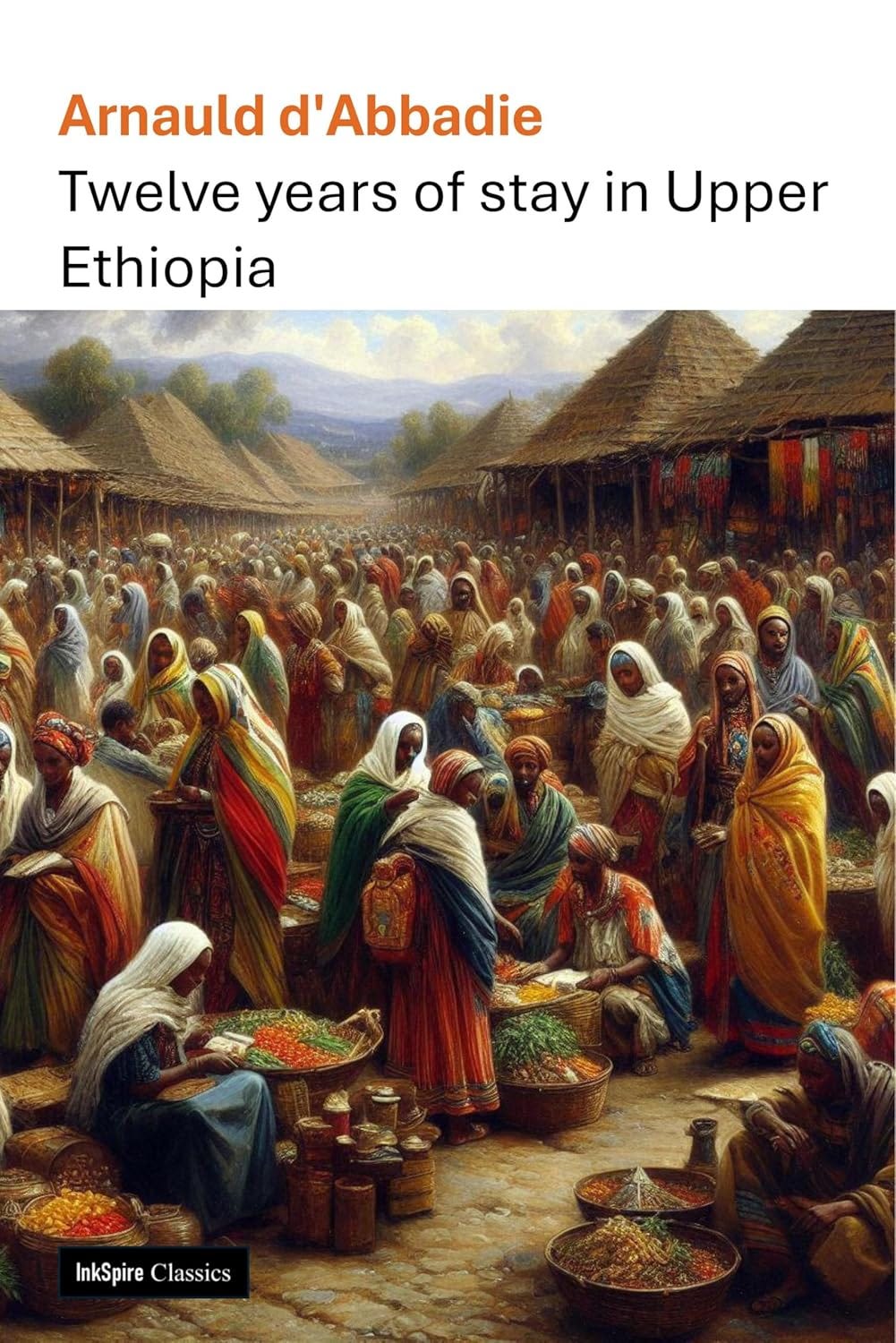

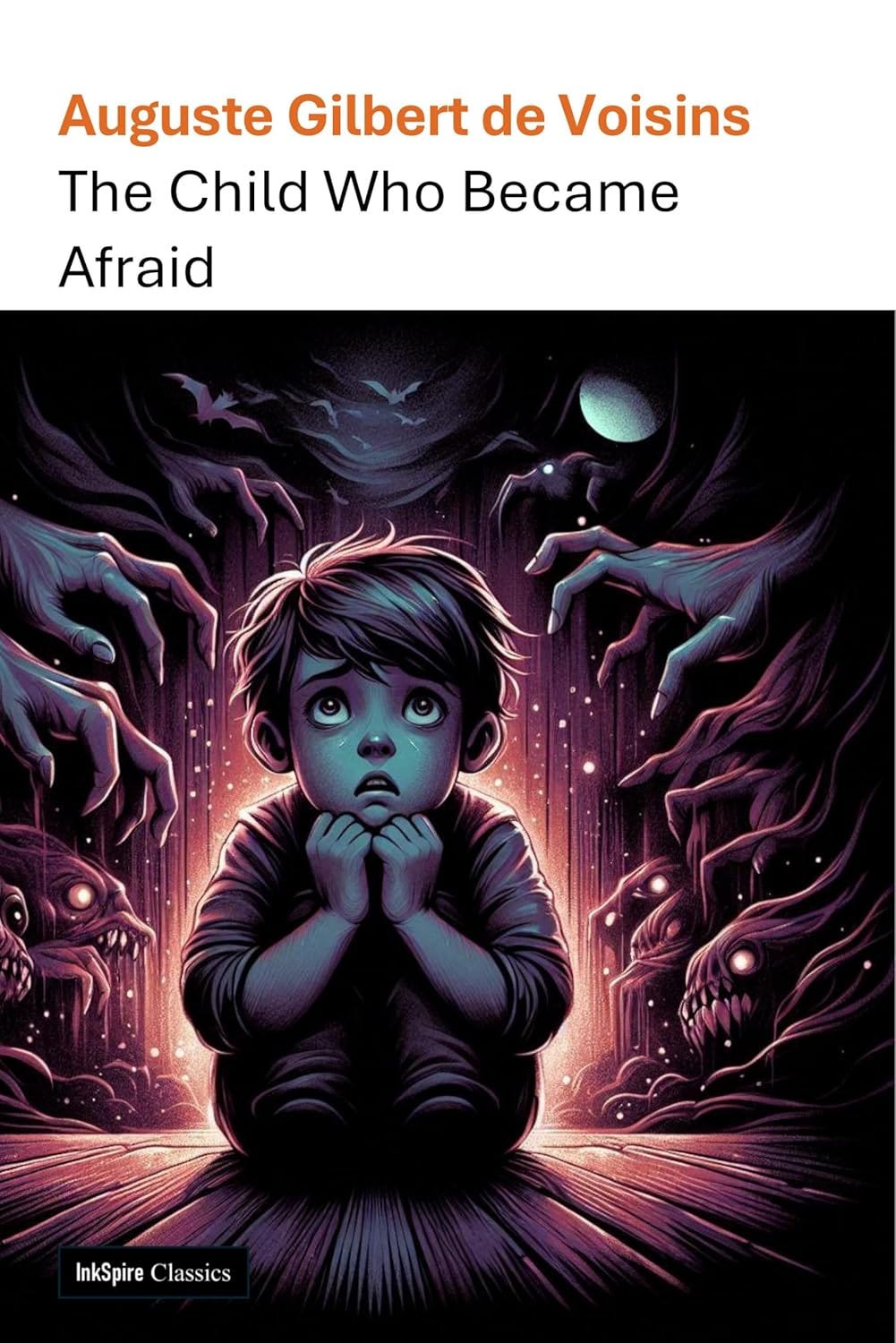
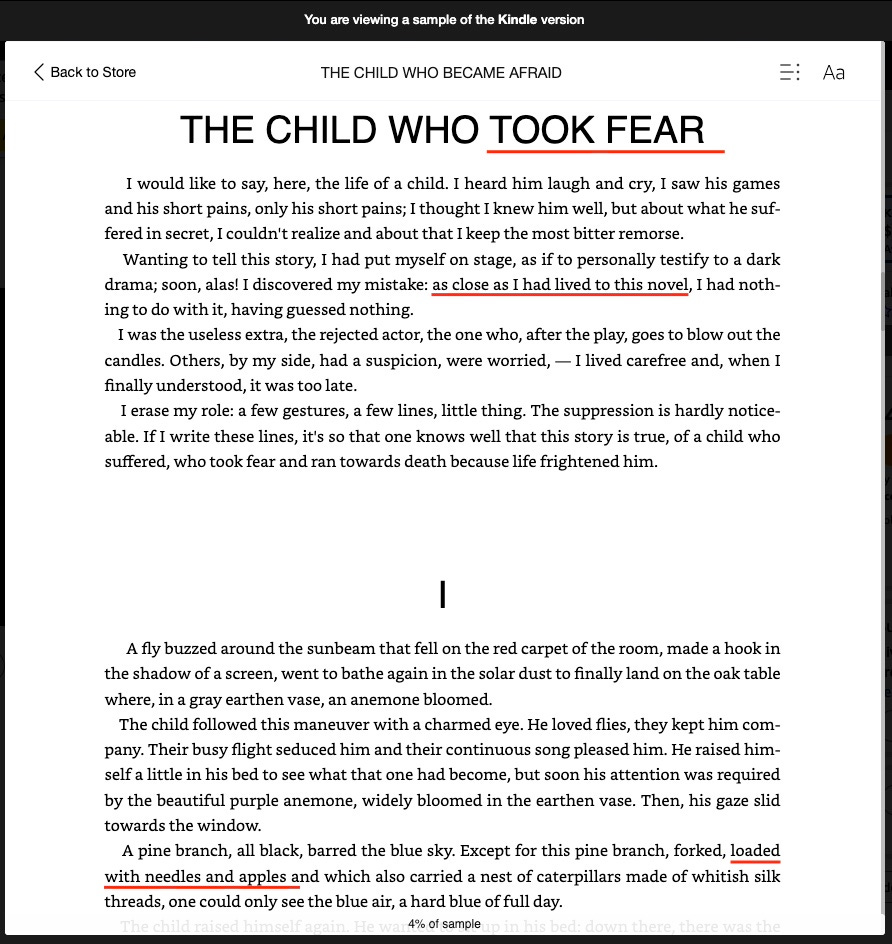
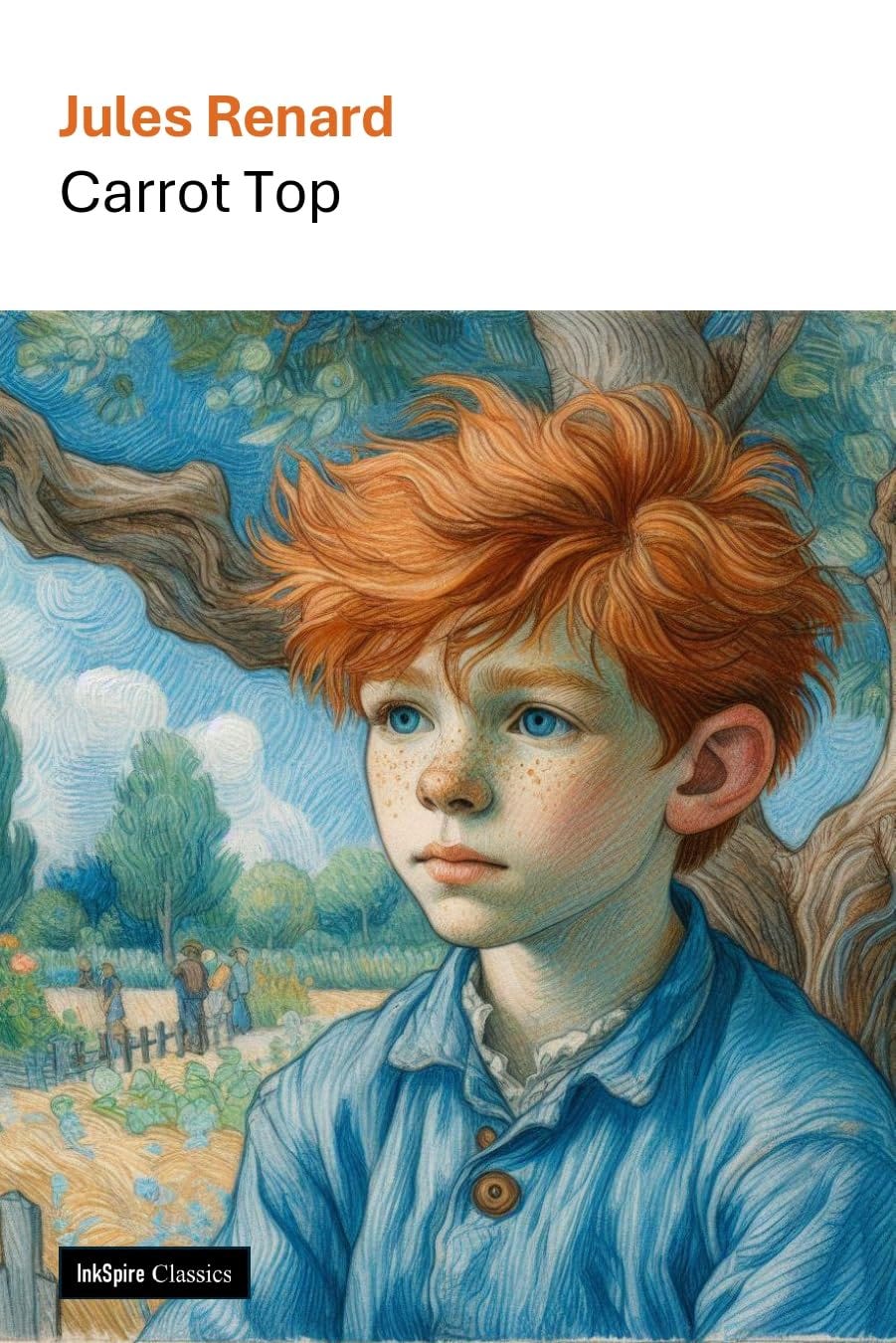
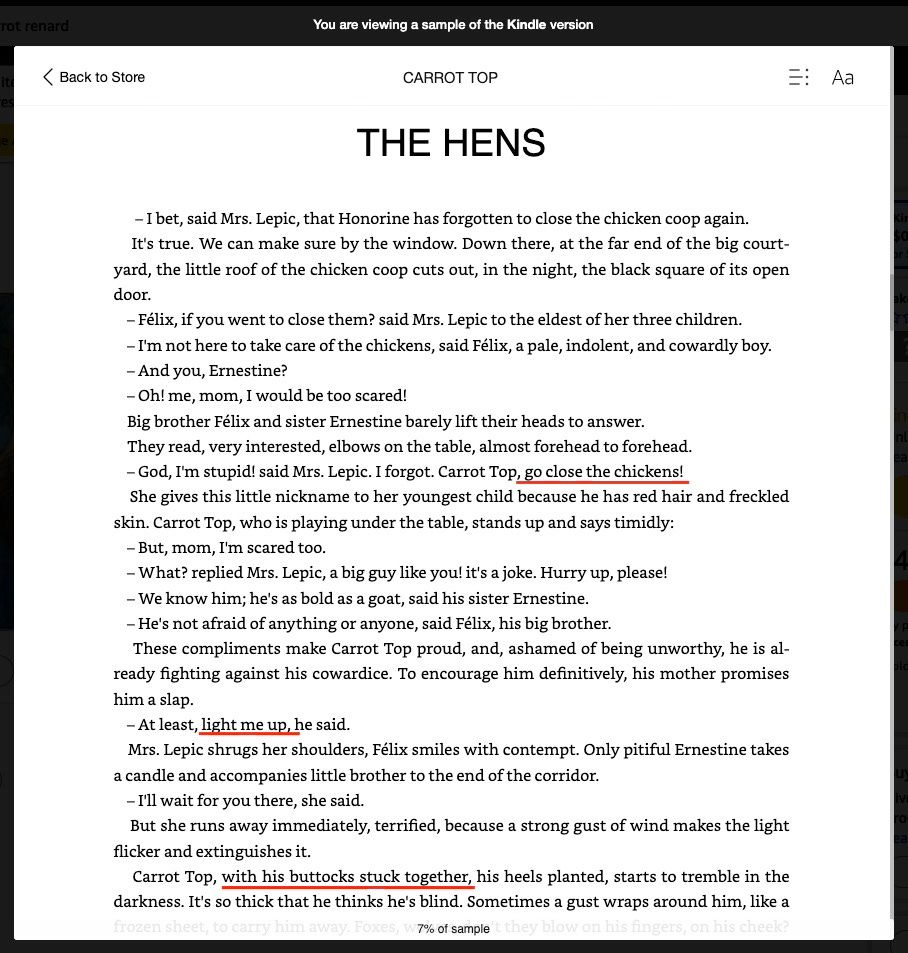
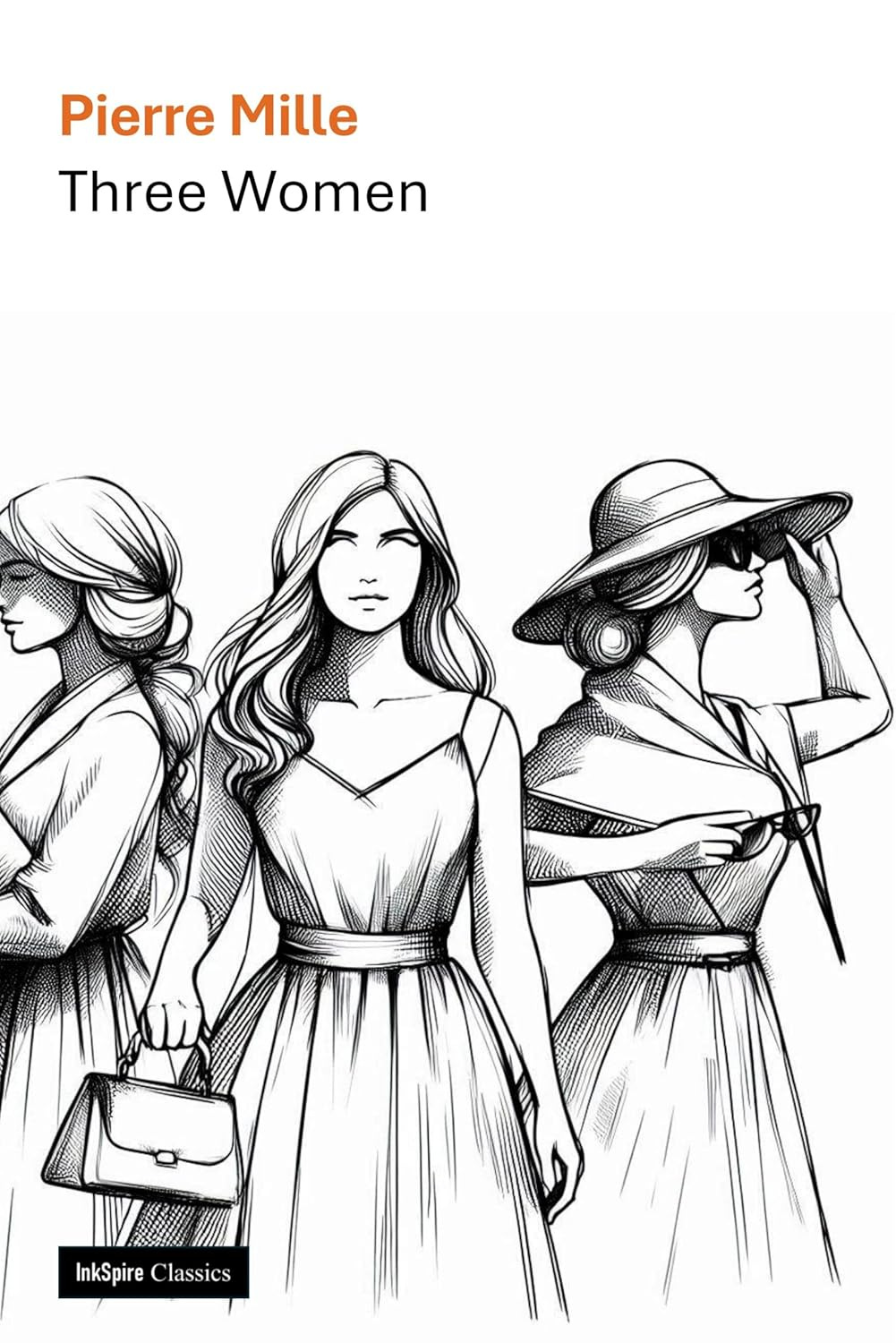
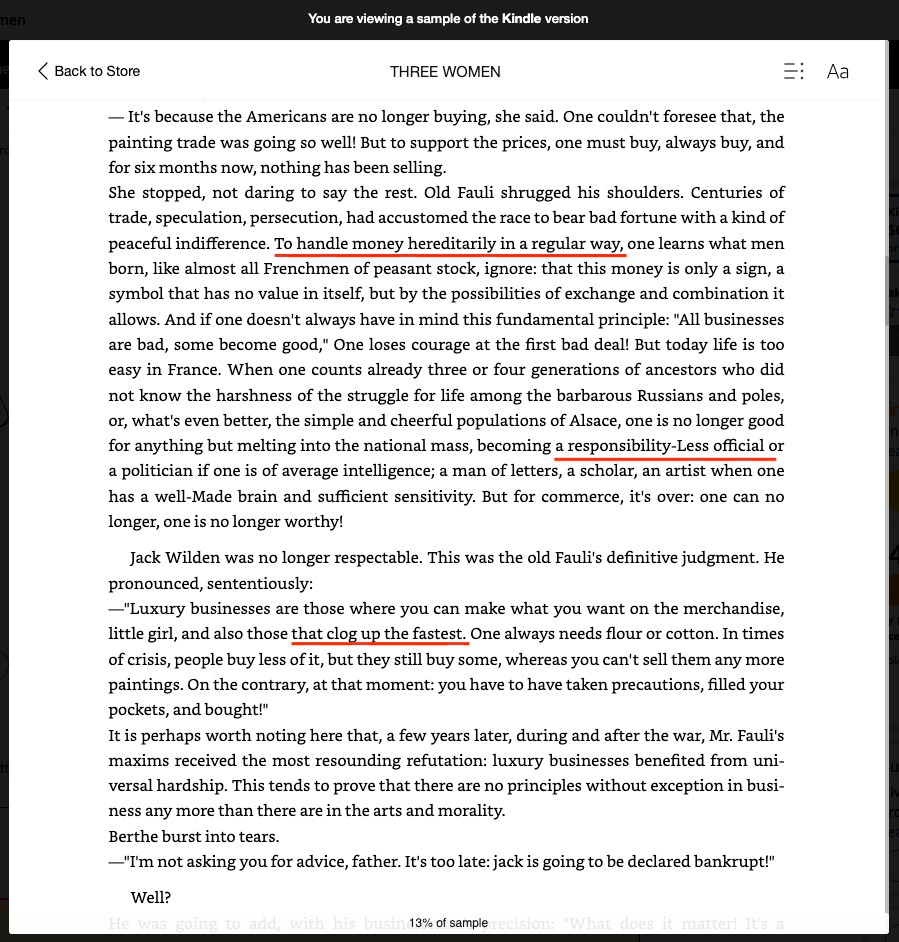
Good grief.
This sort of content - content about how bad the content can get, now that the content can be generated at warp speed - will never cease to amuse me.